Do all Muslims celebrate Ramadan the same way in every country? Well just as Muslim beliefs are different in every area due to cultural and historical influences, Muslims celebrate Ramadan differently as well. There are many unique ways Indonesians celebrate Ramadan.
Basically every Muslim (who practices Islam) sticks to the main rules of fasting from sunrise to sunset the whole month of Ramadan. Each country differs in ways they enforce the fasting, what non Muslims are allowed to do during Ramadan, and how they break fast. Let’s look the ways Indonesians celebrate Ramadan differently from Muslims in the Middle East.
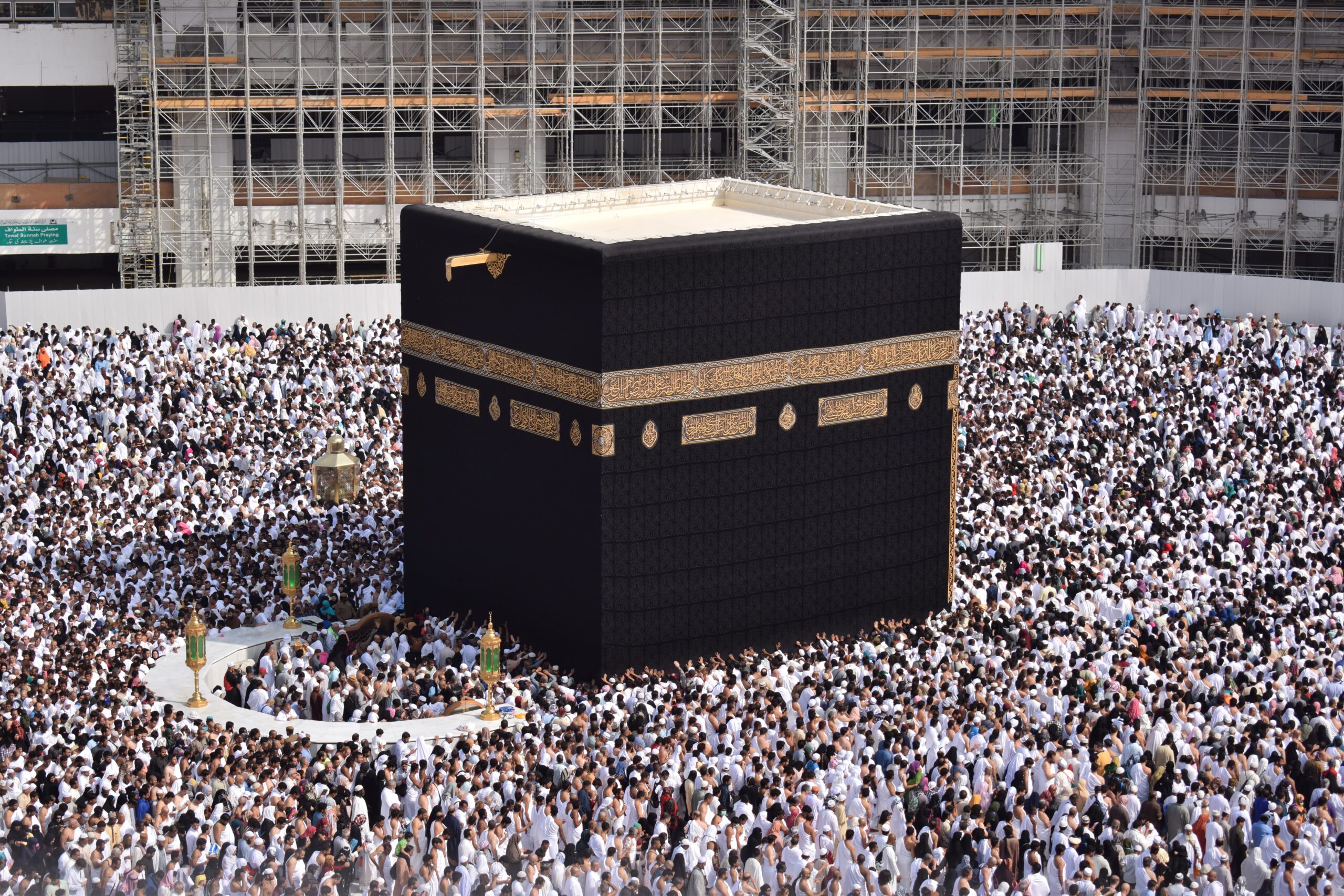
1. Religious Police in Saudi Arabia
Saudi Arabia is one of the most strict Islamic countries in the world. They are under the Sharia law and interpret it harshly. Sharia means “the way” and is a broad set of rules that Muslims must follow to live an ethical life. The Qur’an and the Sunnah (tradition) of Muhammad are the nation’s Constitution. If anyone’s behaviors do not abide by Islamic principles, they are criminalized in law.
During Ramadan in Saudi, the religious police patrol the streets to enforce fasting. Anyone who is not fasting is breaking the law. Non Muslims in Saudi (mainly expatriates) are prohibited from worshipping in public and from eating and drinking in public during Ramadan. They can worship and eat and drink in private.
Indonesia is not under Sharia law (only the autonomous special district of Aceh is) and there are 6 recognized religions in Indonesia. The way Indonesians celebrate Ramadan looks a bit different. There are no religious police roaming the streets and non Muslims can eat and drink in public. Actually Muslims can also eat and drink in public if they choose not to fast, but most restaurants cover the windows so Muslims won’t be “seen” breaking the fasting rules.
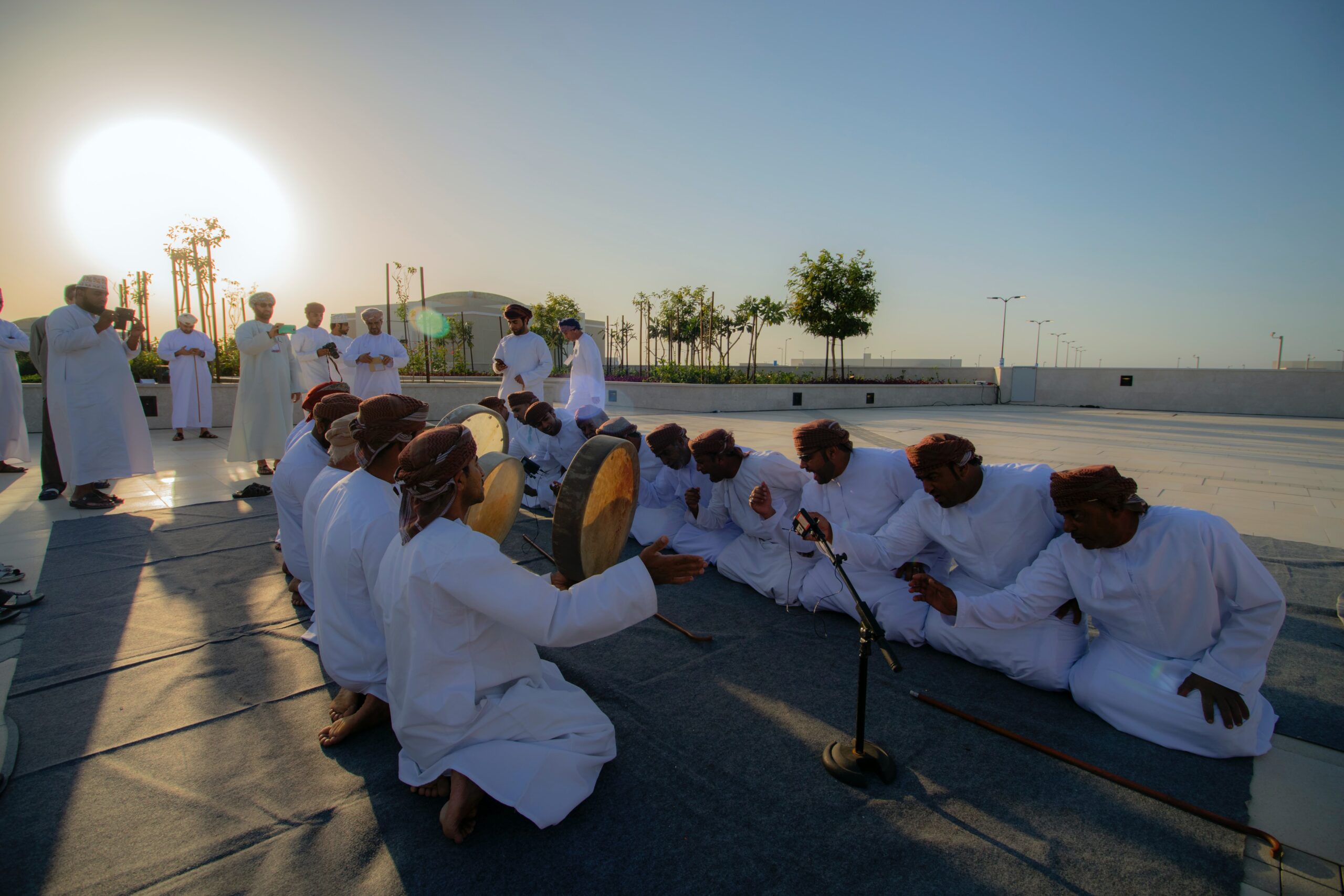
2. Rules for Non Muslims in Oman
Oman is another country that is more strict than Indonesia. In Oman, non Muslims must refrain from eating, drinking and smoking in public during Ramadan just like in Saudi Arabia. Other than large hotels with screened areas, most restaurants, cafes and shops are closed during the day.
Many businesses will close for the whole month of Ramadan in Oman. If Omanis are not working, they will usually sleep during the day and wake up when it is time to break fast. The women cook the meals in the afternoon, then families will break fast together in their homes. After that, the streets come alive as many people go out shopping, to the parks and cafes at night.
Most Indonesians do not have time off from work except during the last week of Ramadan. During that week (or sometimes they just have 3 days off) they will return to their villages and celebrate the end of Ramadan (Idul Fitri) with their families. They will visit family member’s houses, eat together, and give money to show how God has blessed them that year.
Even though the streets are quieter during Ramadan, many restaurants, cafes and shops are still open and Indonesians are still going on with their normal routine. Non Muslims and Muslims are allowed to eat, drink, and smoke in public.
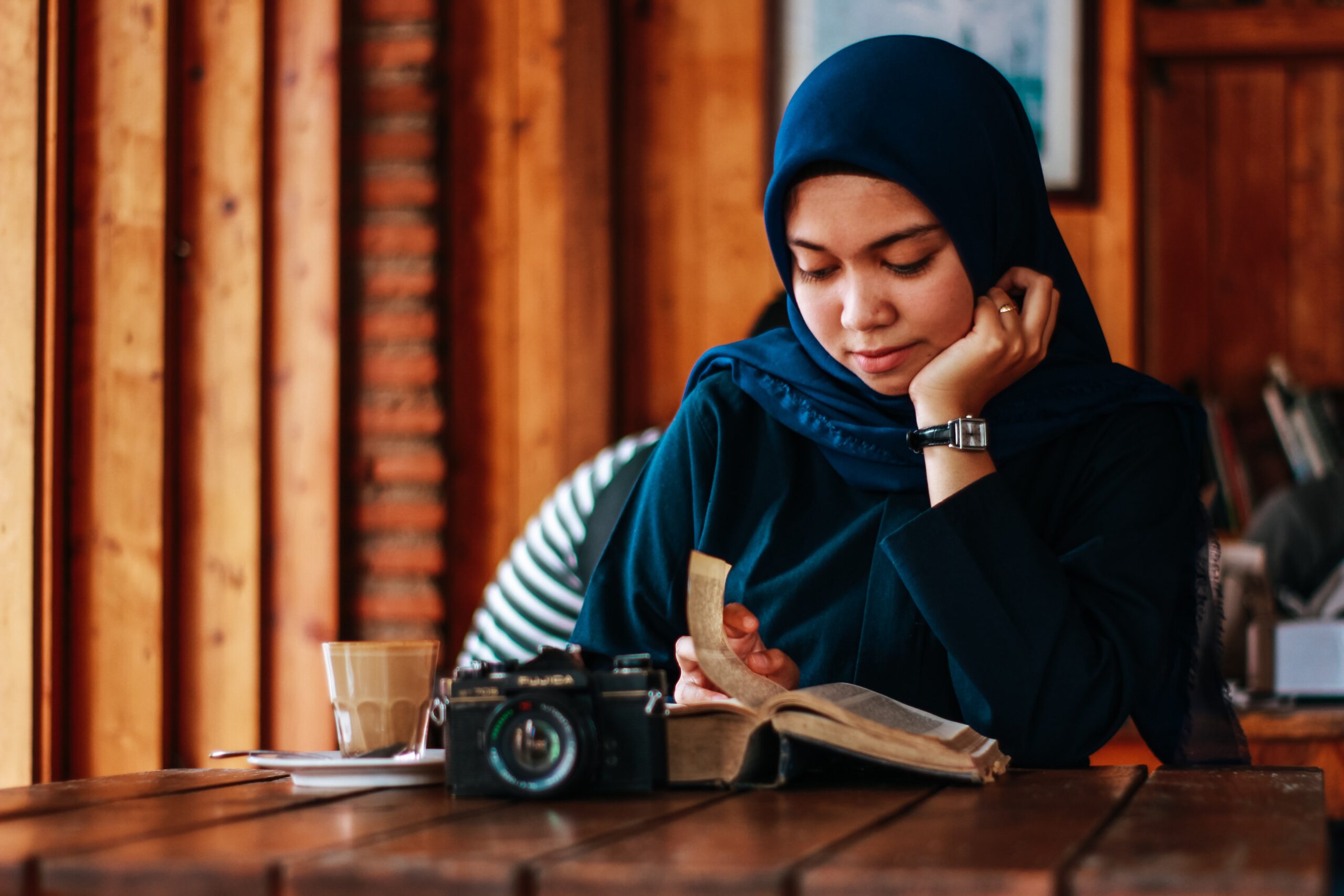
3. Indonesians aren’t very strict
As stated early, many Muslims in Indonesia don’t adhere to the fasting rules during Ramadan. Why is that? Mainly because fasting is not enforced as a law in Indonesia. There are also many who don’t celebrate Ramadan that practice one of the other religions officially recognized by the government. This gives people the freedom to do what they please during Ramadan.
There are a wide range of Muslims in Indonesia. Some are very strict and follow the Qur’an like many in the Middle East. Some are religious but also practice syncretism (a mix of beliefs) from their ancestors who were not Muslim (belief in witch doctors and spirits). There are also many Muslims who are just culturally Muslim. They don’t pray 5 times a day, they don’t go to the Mosque and they don’t fast during Ramadan. Muslims are given freedom in Indonesia to practice Islam they way they choose.
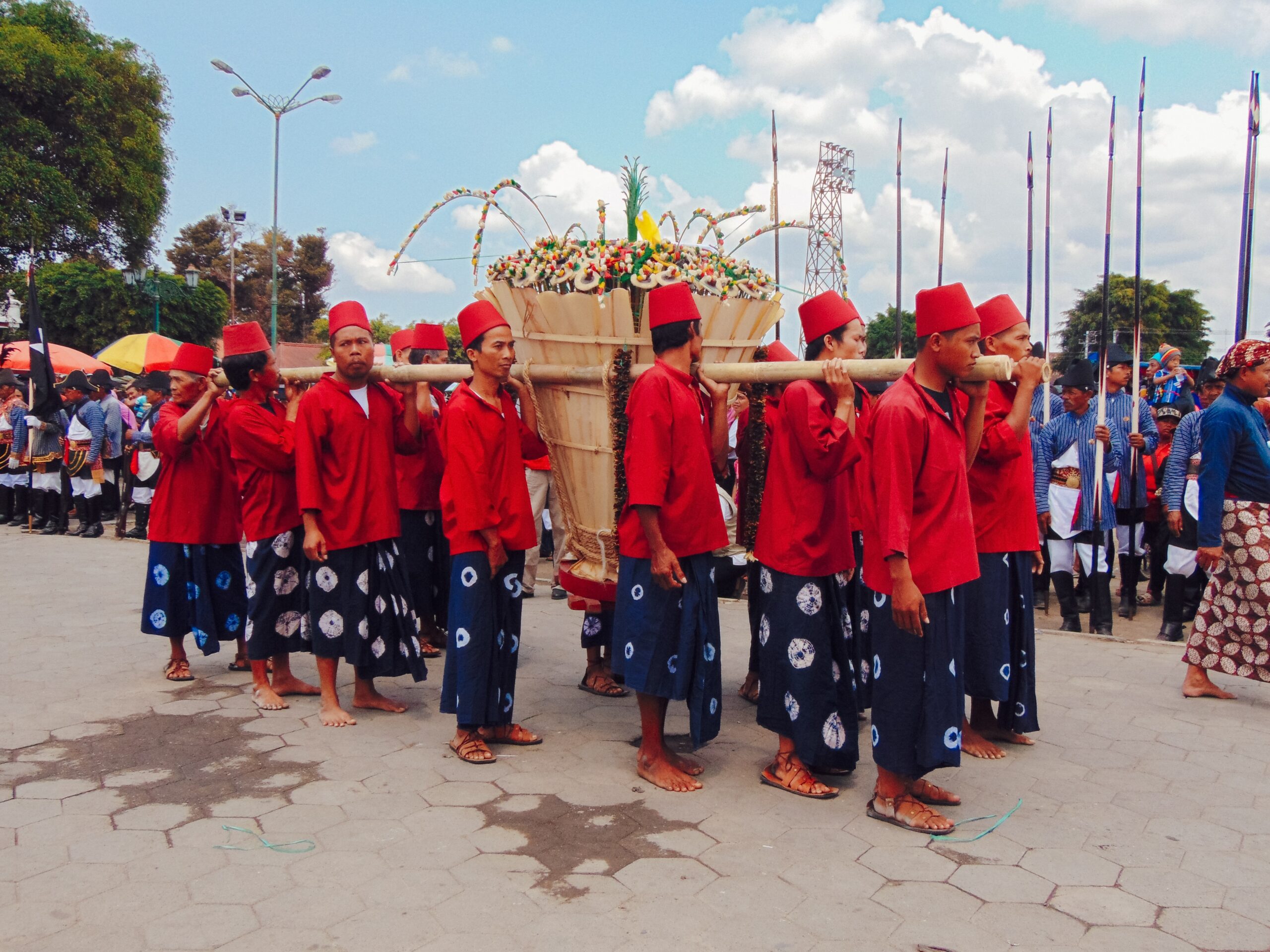
4. Javanese Visit Graves
On the island of Java, many people visit the graves of their loved ones to pay their respect during the month of Ramadan. As Ramadan approaches, Javanese honor the dead by bringing food offerings to their families’ burial site. This Javanese tradition is called Nyadran. They begin by cleaning the graves and scattering flowers. Then they will pray and have a communal meal with family. This tradition is unique to the island of Java. No other Indonesians or Muslims in other countries hold this tradition during Ramadan.
The Javanese believe the souls that are dead are in another atmosphere where they wait till the end of time (similar to purgatory). They receive torture for all their sins while they are waiting. They believe during the month of Ramadan the souls come back to their homes and are not tortured during that time because the door to hell is closed and Satan is chained. At the end of the month, the Javanese go back to the graves, with sadness in their hearts, because they know their family will be tortured again.
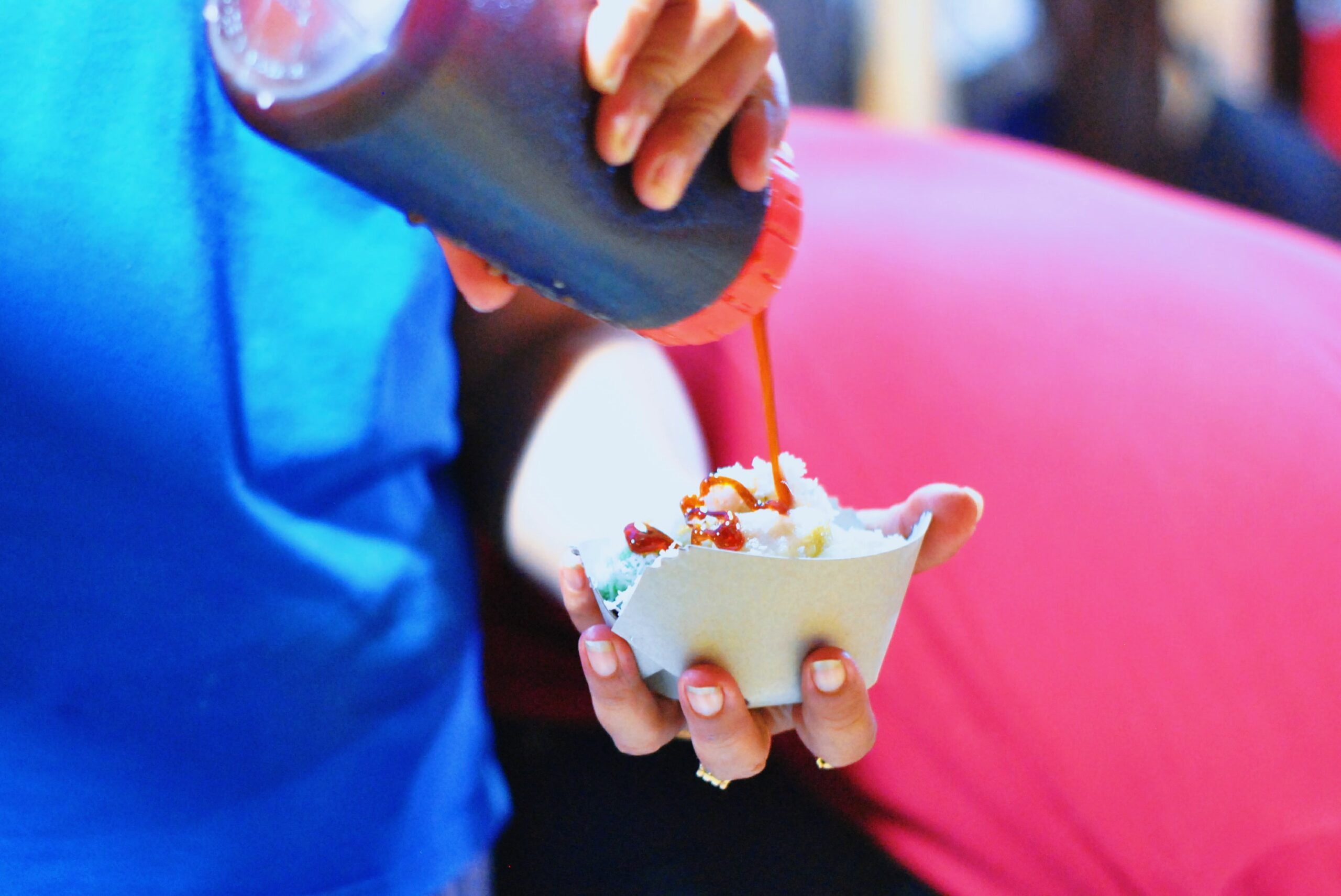
5. Breaking Fast with Dates?
Most Muslims in the world, and especially in the Middle East, break fast by eating dates and drinking water. This is because the Sunnah records that Muhammad broke fast that way. However, Muslims have freedom to break fast with food other than dates.
In Indonesia, Muslims usually break fast with sweet drinks and snacks. A popular snack is “Kolak” which is coconut milk mixed with a variety of fruit. They also enjoy sugary ice drinks with fruit. These snacks allow their stomachs to get used to food again after fasting for 12 hours. Usually Indonesians will get together with friends and family to break fast as a social event. The younger Indonesians like to meet up with friends at cafes to break fast.
These are just 5 ways Indonesians celebrate Ramadan differently than Arabs. There are many more unique traditions they practice that are not mentioned in this article. One fun tradition is making Ketupat (leaves woven in the shape of a cube and filled with rice) during the end of Ramadan when they celebrate together for finishing the fasting month.
